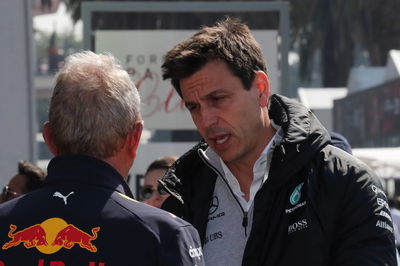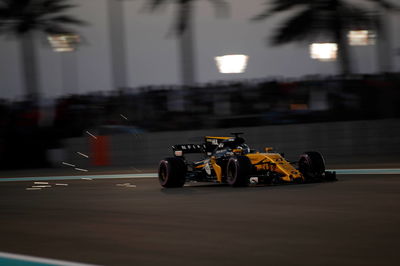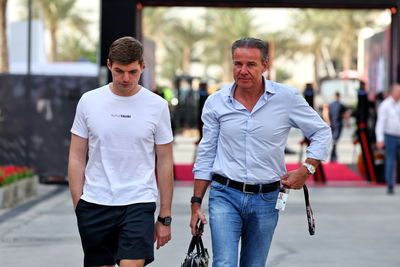Wolff pushes blame of three-engine F1 season on Red Bull
Mercedes boss Toto Wolff says Red Bull’s demands for cheaper engines is to blame for the three-engine rule to be introduced for the 2018 Formula 1 world championship.
The Mercedes team principal says the engine manufacturers were aiming to maintain the maximum allocation of four engines per driver per season for next year but a push for less expensive engines, believed to have been led by Red Bull, forced a compromise of lowering costs by reducing number of engines to three.

Mercedes boss Toto Wolff says Red Bull’s demands for cheaper engines is to blame for the three-engine rule to be introduced for the 2018 Formula 1 world championship.
The Mercedes team principal says the engine manufacturers were aiming to maintain the maximum allocation of four engines per driver per season for next year but a push for less expensive engines, believed to have been led by Red Bull, forced a compromise of lowering costs by reducing number of engines to three.
From 2018 each F1 driver will be allowed to use a maximum of three complete engines including the Internal Combustion Engines, MGU-H, MGU-K and Turbo Charger.
Mercedes is the only engine manufacturer with 100% record of avoiding grid penalties in 2017 – excluding Hamilton’s engine change in Brazil after his qualifying crash – while some Renault and Honda-powered cars have used triple the number of engine components than is permitted by the rules.
When the three-engine rule was announced a series of F1 team protests and complaints followed but the FIA stood firm on change for 2018, with Mercedes boss Wolff pinning the blame on Red Bull and his opposite number Christian Horner for demanding a lower engine price.
“If it’s barking mad they shouldn’t have pushed for a lower supply price,” Wolff said. “They shouldn’t have agreed to the deal in order to achieve a lower supply price we are going to go down to four engines, which was part of the regulation to three engines, this is where we are.
“The regulations stood for four engines next year, we were perfectly fine for that.
“All manufacturers were pushed, or let’s call it, strongly encouraged to optimise on the supply price and this is what we did, and this was the consequence that everyone who was on the table, was part of it.”











